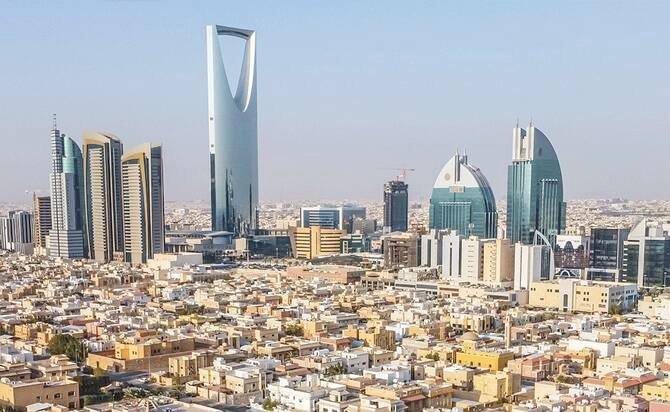Saudi Arabia
Duration
7 Days
Tour Type
City trips
Location
Saudi Arabia
Overview
Culture and Heritage: Saudi Arabia boasts a rich cultural heritage deeply rooted in Islamic traditions. The country is home to Mecca and Medina, Islam's holiest sites, drawing millions of pilgrims annually. Traditional Saudi culture values hospitality, family, and community, reflected in its social norms and customs.
Economy: As the largest economy in the Middle East, Saudi Arabia is predominantly driven by its vast oil reserves. The country has made strides in diversifying its economy through Vision 2030, a plan aimed at reducing dependency on oil by developing sectors like tourism, technology, and entertainment. This economic transformation is crucial for long-term sustainability and reducing reliance on oil revenues.
Society: Saudi society is evolving, influenced by both traditional values and modernization efforts. Social reforms have been introduced to empower women, increase leisure opportunities, and promote cultural expression. These changes signal a shift towards a more open society while respecting core cultural values.
Governance: Saudi Arabia operates as an absolute monarchy with the King serving as both head of state and government. The monarchy is guided by Islamic law (Sharia) and faces scrutiny over human rights issues, particularly concerning freedom of expression and treatment of dissidents. Recent reforms aim to modernize governance structures and enhance transparency.
Challenges: Despite progress, Saudi Arabia faces challenges such as youth unemployment, gender inequality, and balancing modernization with cultural preservation. Human rights concerns, including restrictions on freedoms and treatment of migrant workers, remain contentious issues both domestically and internationally.
Conclusion: Saudi Arabia presents a unique blend of tradition and modernity, undergoing significant transformation driven by Vision 2030. The country's rich cultural heritage, economic ambitions, and societal changes shape its complex identity on the global stage. Understanding Saudi Arabia requires recognizing its historical roots, ongoing reforms, and the challenges it navigates as it strives towards a diversified and sustainable future.
Included/Excluded
Itinerary
Facilities
Travel Styles
Tour Type
Extra prices:
- {{total_price_html}}
- {{pay_now_price_html}}




